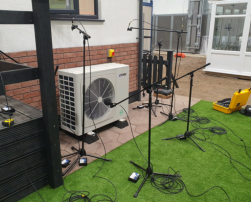
A home, three climates, and thermally efficient heating
Energy House 2.0 rigorously tests the YORK YKF05CNC system under real-world conditions, demonstrating its efficiency, thermal stability, and promising potential as a key solution for sustainable heating across Europe.

Making choices for home renovation
Energy consumption in buildings is a critical source of pollutant emissions across the EU. This study examines its differentiated impacts on health and climate, and calls for the integration of both dimensions into energy efficiency policies.
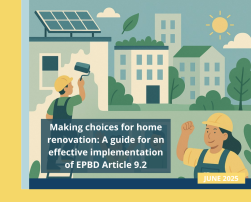
Home renovation: Key strategies to meet the EPBD
Discover how EU Member States can transform their residential buildings into drivers of energy efficiency and social equity. This practical guide translates Article 9.2 of the Energy Performance of Buildings Directive (EPBD) into concrete actions for a fair and sustainable renovation strategy.

Dry indoor air: Study reveals emerging factors behind mucosal irritation
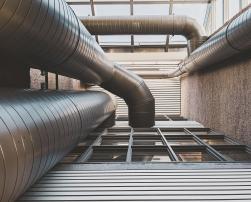
How can HVAC systems be optimised to achieve net-zero energy buildings?
A rigorous study reviews the latest advancements in HVAC technologies and renewable energy systems applied to zero-energy buildings. This work offers a key contribution for professionals and institutions committed to sustainable urban development.
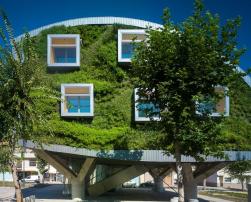
Next-Gen buildings: clean, smart, sustainable
This report surveys pioneering technologies reshaping the building sector to meet urgent energy transition goals. It highlights innovations in design, materials, and systems that enhance efficiency, cut emissions, and pave the way for net-zero, climate-resilient buildings
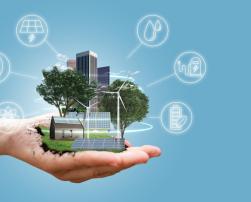
How buildings are going Net-Zero with Smart Tech
This article explores how smart design, renewable energy, and artificial intelligence are transforming buildings into zero-energy powerhouses—cutting emissions, slashing energy bills, and reshaping the future of sustainable living.
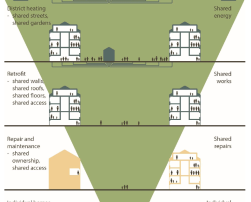
Energy efficiency with a Scottish seal
The Scottish Government has launched a nationwide technical assessment initiative to enhance energy efficiency in residential buildings. The HEETSA report outlines a standardised, user-centred, and data-driven approach to ensure retrofits are safe, effective, and sustainable.
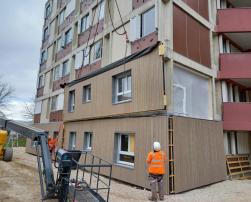
Cutting CO₂ through renovation: The REHOUSE approach
The REHOUSE project is advancing integrated solutions for energy-efficient renovation of existing buildings, currently being tested across four demonstration sites in Europe. Its technologies include modular façades, intelligent windows, and multisource heat pumps to enhance real energy performance.
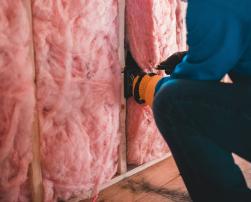
Between regulatory challenges and sustainable innovation
The integration of bio-based insulation materials into the European construction sector is advancing slowly due to regulatory, economic, and technical barriers. However, industry experts underscore their sustainable potential and the vital role of public policy, professional training, and awareness.